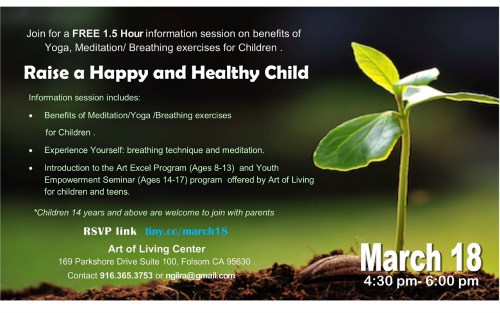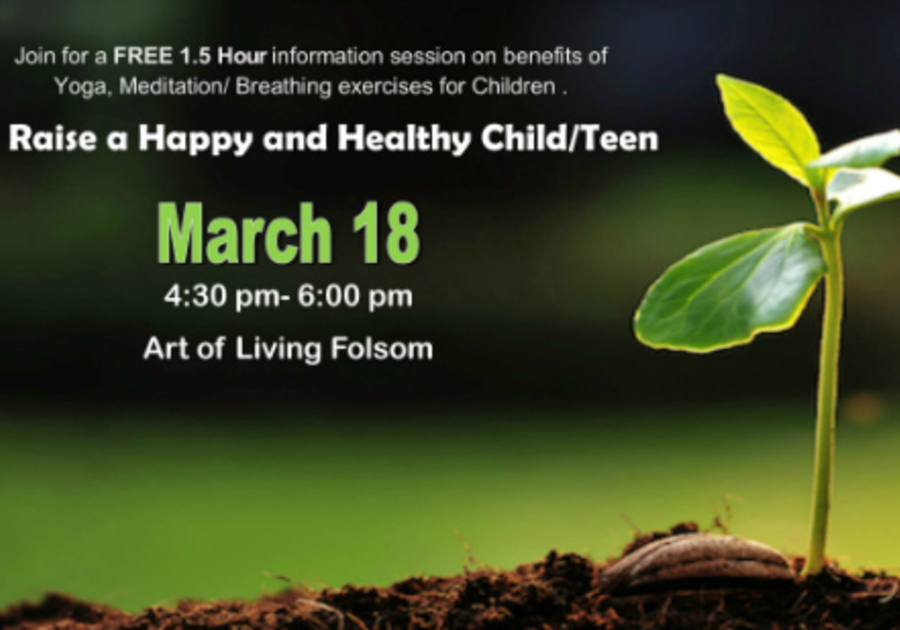Unmanaged emotional reactions to stress not only lead to behavior problems in young people, but also create physiological conditions that inhibit learning. (McCraty et al 1999) Yet, the standard school curriculum provides little or no time for teaching practical skills that young people need to cope with the stress and negative emotions they experience on a daily basis.
Research indicates one of the greatest impediments to learning is stress. Stress can disturb the balance of important chemical messengers in the brain. One of these is corticotropin-releasing hormone (CRH), the production of which is increased during times of mental stress. Excess activation of this hormone disrupts the ability of brain cells to communicate with each other by delaying transmission of information across synapses (Joels & Baram 2009). Cortisol is another hormone that is activated by stress. The activation of excess cortisol also interferes with neurotransmitter function and makes it difficult to retrieve long-term memories. Research also indicates that stress has a negative impact on performance. Stress is associated with decreased performance in tasks that require attention and the ability to shift focus (Liston et al 2006) and chronic stress has been shown to decreases students’ concentration, learning ability, test scores and overall academic performance.
In addition, young people face emotional issues such as low self-esteem, depression and anxiety that are a source of great stress. Without a healthy alternative, students often turn to unhealthy strategies to cope with these problems such as smoking, alcohol or drugs. Other signs of stress in young adults are aggression, withdrawal from social interaction and engaging in acts of violence. In fact, research demonstrates that stress plays a negative role in normal social interactions. High levels of stress and anxiety are associated with “self-focus,” (Eysenck 1997) rather than the “other-focus” necessary for building relationships. Case studies have found that perpetrators of violence in schools are often highly isolated individuals (Lear et al 2003). With incidents of violence in schools on the rise, maintaining healthy social connection among the student population has become a crucial component in academic and school performance.
By offering youth practical tools and life skills to manage stress, International Association of Human Values is addressing a critical issue in education today. As students learn to reduce stress and manage emotions they gain the ability to focus and perform well academically at school, as well as the ability to build more positive relationships with their peers, parents and teachers..
Would you like to find out more about the programs offered?
Join us for an FREE 1.5 hour information session that includes:
*Benefits of Meditation, Yoga, Breathing exercises for Children.
*Experience Yourself: breathing technique and meditation.
*Introduction to the Art Excel Program (Ages 8-13) and Youth Empowerment Seminar (Ages 14-17).
Information session open to Children above 14 years.
When: Saturday March 18 4:30-6:00 pm
Where: Art of Living Folsom, 169 Parkshore Drive Suite 100, Folsom CA 95630
RSVP : https://www.eventbrite.com/e/raise-a-happy-and-healthy-child-tickets-32441642827
For more information contact Nitisha at Nitisha.gilra@artofliving.org/ 916.365.3753




